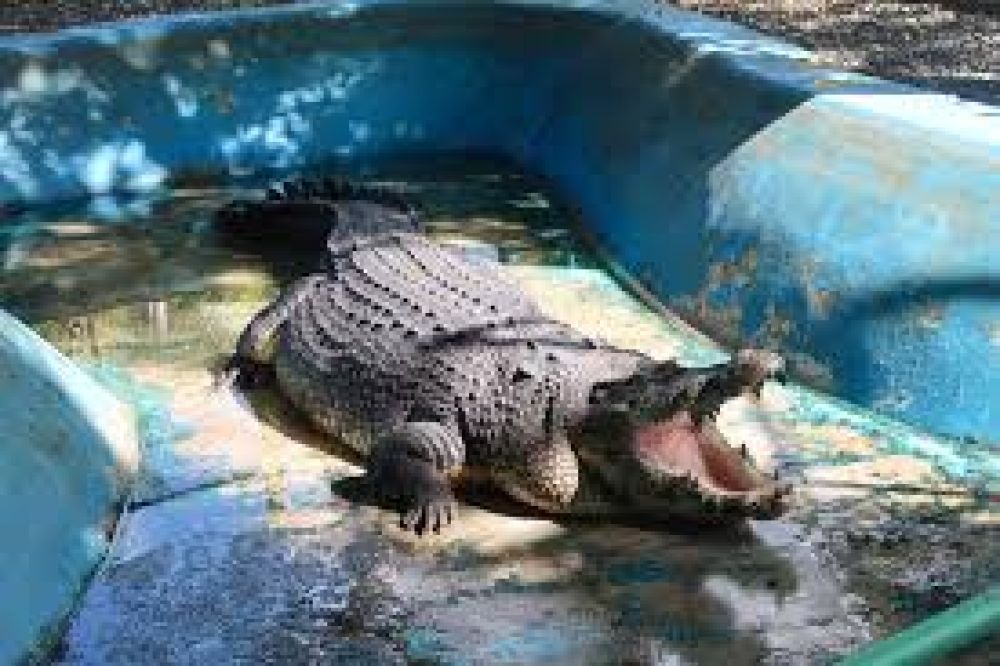

The Crocodile Park in Davao is a renowned tourism destination that offers visitors a unique glimpse into the world of crocodiles, as well as other fascinating wildlife. Let's delve into the history and current trends in tourism at this captivating park.
The Davao Crocodile Park officially opened its doors to the public in August 2005. It started as a facility that aimed to educate visitors about the conservation of crocodiles and expanded into a nature park. It became a pioneer attraction in Davao City, putting the city on the map for local and international tourists interested in wildlife and nature-based tours.
Over the years, the Crocodile Park has successfully bred the Philippine Saltwater and Freshwater crocodiles, contributing to the efforts to preserve these critical species. The initiative has also sparked interest from various wildlife conservation entities.
Visitors to the Crocodile Park can enjoy various attractions including:
It’s not just about crocodiles; the Crocodile Park is part of a larger complex known as the Riverfront Corporate City which also includes a botanical garden, a zoo, and other leisure facilities, somthing for everyone in the family.
In recent times, the Davao Crocodile Park has incorporated several advancements to enhance the visitor experience. These include:
Ecotourism has also become a major focus for the Crocodile Park, as it contributes to both the conservation efforts and offers a sustainable form of tourism that educates visitors on the importance of wildlife and natural habitats.
Despite its success as a tourist destination, the Crocodile Park has faced challenges, including those posed by the global pandemic. In response, the park has implemented safety and health protocols to ensure visitors can still enjoy the experience while adhering to guidelines for public safety. Additionally, the park has increased its online presence, offering virtual tours and educational content to reach audiences beyond its physical location.
The Crocodile Park continues to be an integral part of Davao's tourism industry, representing both the allure of unique wildlife and the city's dedication to sustainable tourism and conservation. As the tourism sector evolves, the Crocodile Park is expected to remain a top destination for those looking to connect with nature and learn about the incredible biodiversity of the Philippines.